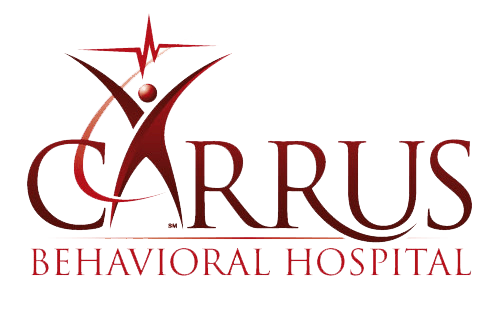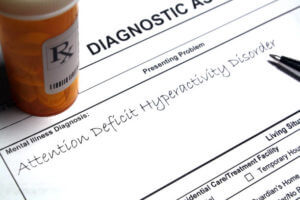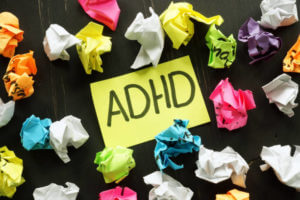Family therapy, also known as family counseling, focuses on improving the relationship between family members of a patient in the context of treating a patient’s mental health issues. It involves the participation of family members in sessions, with the goal of helping a patient recover from behavioral issues such as self-endangering habits and anger management
Read MoreThe Power of Anger Management: How to Achieve Your Goals
If your anger is getting the best of you or your loved ones, consider anger management as a treatment. The way we respond to situations around us can mean the difference between facing long-term or lifelong consequences or not. Anger management is a process that can help individuals understand and control their anger in healthier
Read MoreHow to Prepare for an Intensive Outpatient Program
An outpatient rehabilitation program can benefit individuals who require rehabilitation services but do not require around-the-clock medical supervision or inpatient care. Outpatient rehabilitation programs are typically recommended for patients who have musculoskeletal injuries, chronic diseases, cognitive impairment, physical limitations, and are recovering from surgery. An outpatient program can be highly intensive, consisting of various evidence-based
Read MoreWhy Is Family Therapy Important?
Family therapy is a type of psychotherapy that focuses on improving the functioning and dynamics within a family system. It recognizes that individual problems and difficulties often arise from or are influenced by the interactions and relationships within the family unit. The importance of family therapy lies in its ability to address these relational issues
Read MoreThe Impact of ADD Symptoms on Your Health
ADD, which stands for attention deficit disorder, is now considered an outdated term used to refer to a mental condition that affects how a person pays attention, controls impulses, and behaves. Today, the officially recognized term for ADD is ADHD or attention-deficit/hyperactivity disorder. ADHD can have a significant effect on a person’s overall health. Some
Read MoreGuidelines for Diagnosing ADHD Symptoms
Mental health professionals diagnose attention-deficit/hyperactivity disorder (ADHD) through a thorough assessment of the child’s behavior in different settings, as provided by their parents, teachers, and caregivers. Individuals with ADHD usually show persistent patterns of behavior that become evident before the age of 12, which can impair their healthy development and function. Since ADHD is a
Read MoreWhat Is the Difference Between a Partial Hospitalization Program and Inpatient Hospitalization
The goals of any mental health treatment for children and adolescents are careful assessment of symptoms, a compilation of treatments and services to address those symptoms and their consequences, and stabilizing patients to normal function at home, school, and in the community. Sometimes, patients need inpatient hospitalization; others may do well with a partial hospitalization
Read MoreWhat Does Anger Management Consist of?
If your adolescent child expresses anger with aggression or extended social withdrawal, everyday life at home and school changes–and not for the better. However, as a parent, knowing about the problems can help you handle your teen’s anger constructively. Let’s talk about the things behavioral health professionals want you to know and where you can
Read MoreWhat Are the 3 Stages of Schizophrenia?
When most people think of mental illnesses, schizophrenia is often one of the first conditions that come to mind. But what is schizophrenia really? Schizophrenia is a severe mental illness affecting how a person thinks, feels, and behaves. It can be very disabling and significantly reduce a person’s quality of life. Despite this, many people
Read MoreHow Do I Find a Behavioral Psychologist For My Child?
If you’re like most parents, you want what’s best for your child. Moreover, if your child is struggling with behavioral issues, you may feel at a loss about what to do. A behavioral psychologist may be able to help. However, with so many options, choosing the right one for your child is challenging and daunting.
Read More










